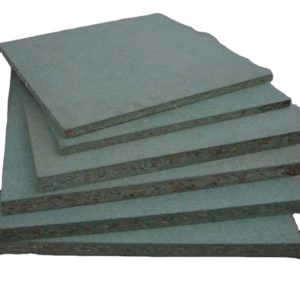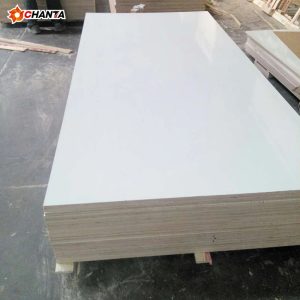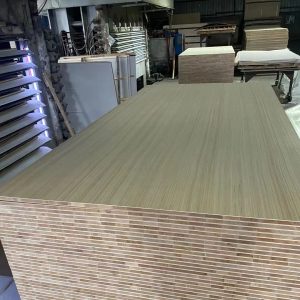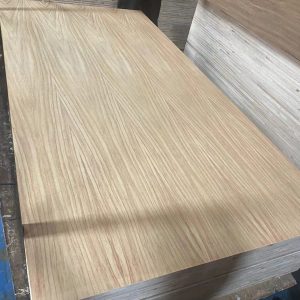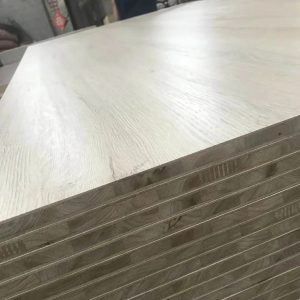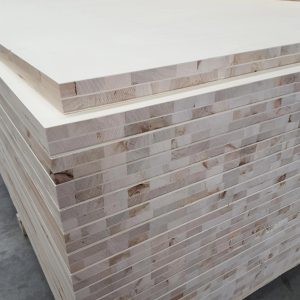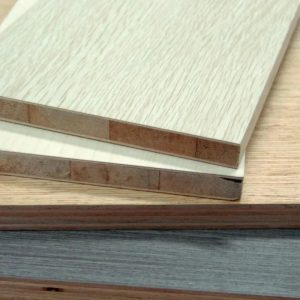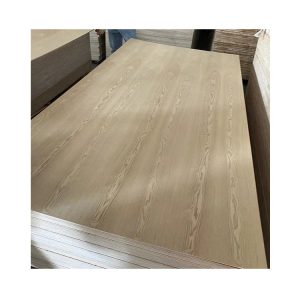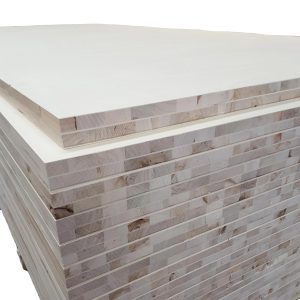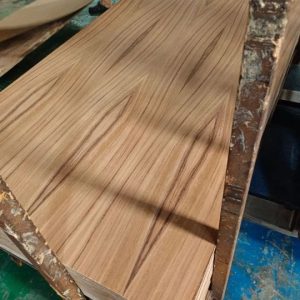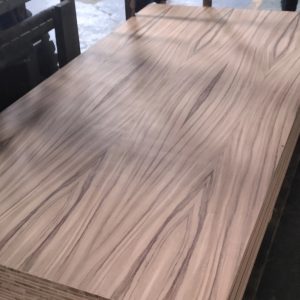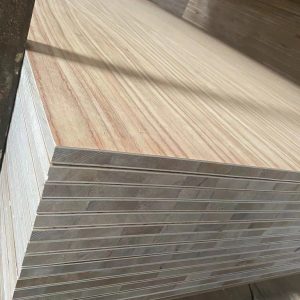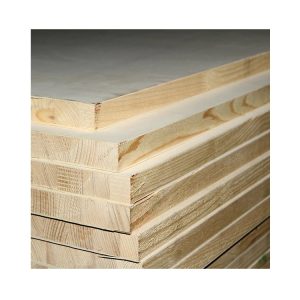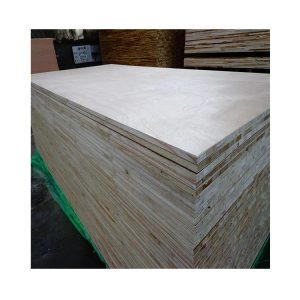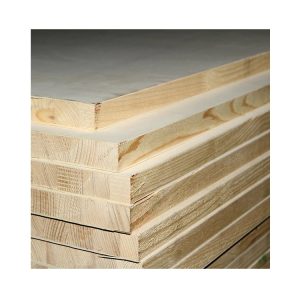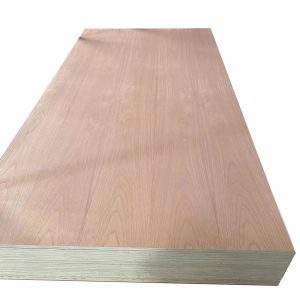**Difference Between Fiberboard And Cardboard**
When it comes to materials for packaging, construction, or crafting, fiberboard and cardboard are two common options. While both are derived from wood pulp and might seem similar, they have distinct attributes that make them suitable for different purposes. This article aims to elucidate the differences between fiberboard and cardboard.
Fiberboard is a type of engineered wood made from fine wood fibers bonded together with a synthetic resin or other suitable binder under heat and pressure. It’s known for its high density and strength. Low Density Fiberboard (LDF), on the other hand, is specifically designed for insulation purposes due to its lower density and ability to trap air. For instance, a 4 x 8 Fiberboard sheet might be used in construction projects where a thermal barrier is needed.
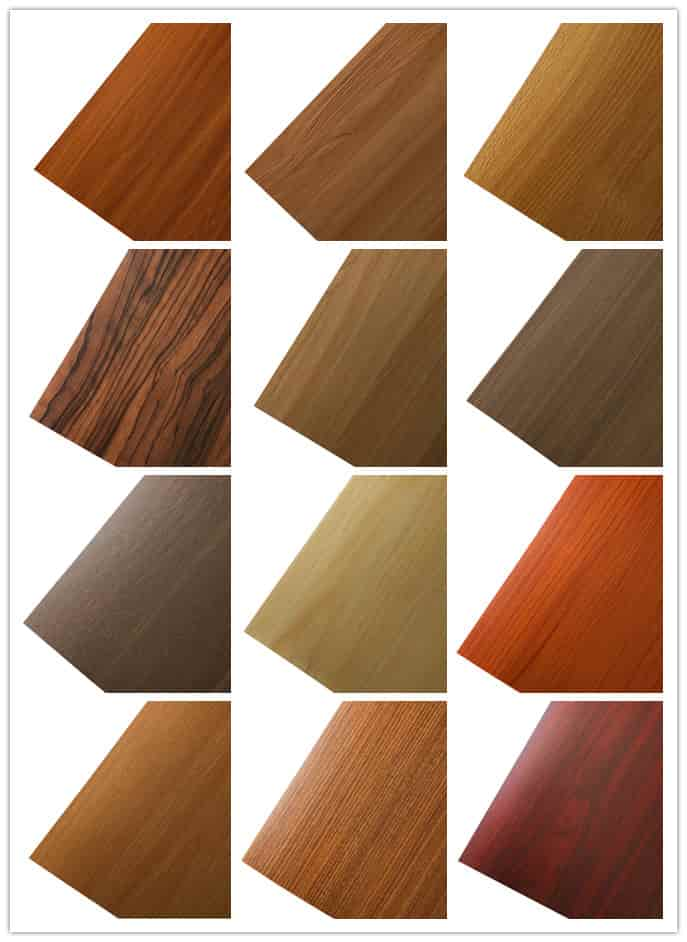
In contrast, cardboard is produced by pressing wood pulp into thin sheets. It’s not as dense as fiberboard, making it lightweight and easier to fold. This quality makes cardboard ideal for packaging and shipping. It can be easily cut, shaped, and assembled into boxes without requiring specialized tools or equipment.
To further differentiate, let’s define fiberboard in more detail. Fiberboard is available in various thicknesses and densities, ranging from thin fiberboard sheets suitable for crafting to thicker boards that can support significant weight. Its composition allows it to resist moisture better than cardboard, although it’s not completely waterproof. Fiberboard is often used in flooring underlayment, interior wall panels, and some types of furniture.
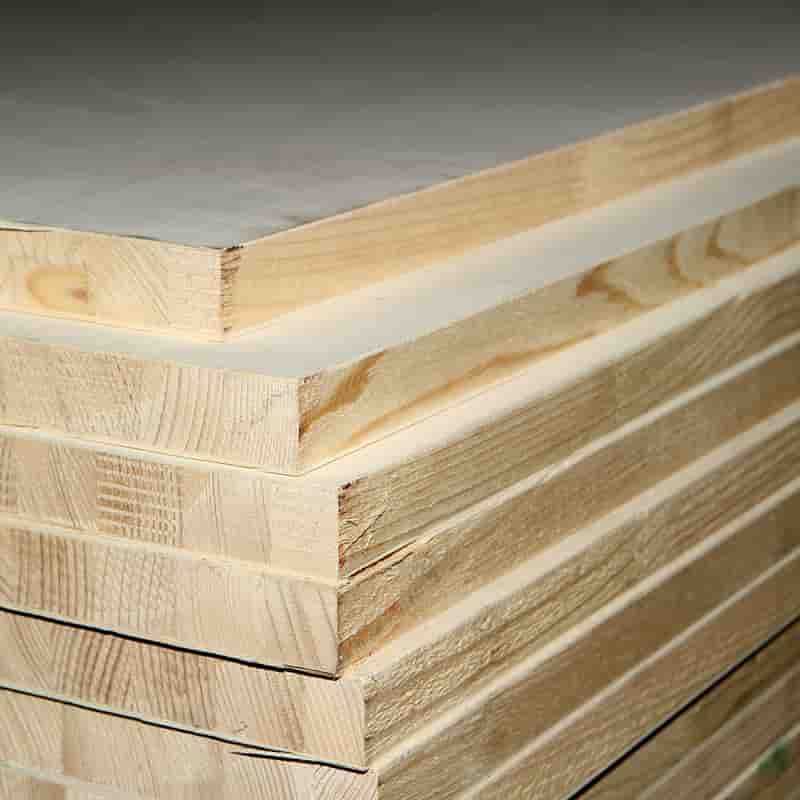
Cardboard, being less dense and more pliable, is preferred for creating protective packaging for products during transit. Its flexibility allows it to absorb shock and protect fragile items. Additionally, cardboard is recyclable and biodegradable, making it an environment-friendly choice compared to some plastic packaging solutions.
In conclusion, while fiberboard and cardboard both originate from wood pulp, their applications vary significantly due to their differing properties. Fiberboard, with its high density and strength, is ideal for building materials and heavy-duty applications. Cardboard, with its lighter weight and flexibility, is perfect for packaging and shipping needs. Each material offers unique benefits that make them suitable for specific tasks, highlighting the importance of choosing the right product for the job at hand.

